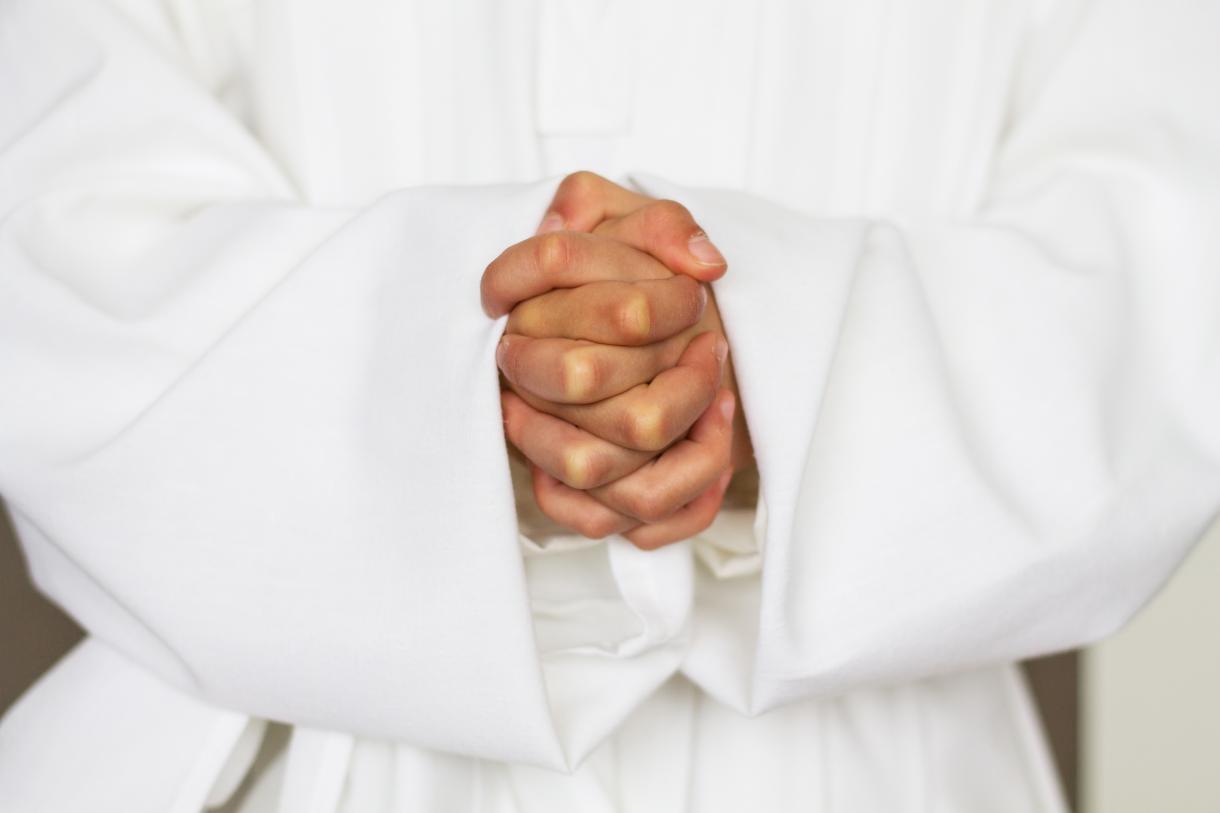
Blog
March '25 Newsletter: 5 Things Clergy of Color Want to See from Their Denomination
Hello!
Welcome to the Serve Well newsletter, a collaborative resource from the Duke Clergy Health Initiative and Duke Religion and Social Change Lab. Every month, we'll be sharing trends in ministry formation and flourishing so that however you serve—seminarian, clergy, researcher, educator, or administrator—you can serve well.
Your well-being depends on more than your individual actions. It also depends on the social location you inhabit. That’s why this month we’re sharing research on racial and gender inequities in clergy well-being and resources for reflecting on a way forward.

Trends in Ministry Formation
Clergy of Color Speak Out About Their Callings, Ordinations, and Careers
Amid reports of clergy burnout and a heightened state of racial unrest, a group of 17 Black, Indigenous, and People of Color (BIPOC) were interviewed about their pastoral experience in the North Carolina United Methodist Church (NC-UMC). Out of this research comes a new report from the Religion and Social Change Lab called Witnessing the Wounds that invites us to hold and respond to these stories of ministry, call, survival, and thriving as part of our sacred responsibility. Also included in the report are five things these clergy would like to see from their denomination (see page 21).
Trends in Ministry Flourishing
Clergywomen May Be Uniquely Resilient in Ministry, but Resiliency Comes with Risk
According to data from our Statewide Clergy Health Survey, NC-UMC clergywomen experience more on-the-job stress than clergymen. But as their stress increases, they're less likely to show depressive symptoms than men, suggesting that women may be particularly well-suited to cope with the challenges of the profession. Why is this? Read our research summary to reflect on possible causes of women’s surprising mental health advantage and the limits of celebrating “resiliency.”
>Download the Research Summary
Your Serve Well Resource
Touchstones for Practicing Cultural Humility in Conversations
As we navigate tense debates about Diversity, Equity and Inclusion efforts, the concept of “cultural humility” may offer a less polarizing way for clergy and churches to frame conversations about how different identities do or don't experience well-being. (Read this Faith & Leadership article from Ismael Ruiz-Millán to learn more about the concept.) So we put together a handout of group touchstones to help faith leaders facilitate cultural humility in their community conversations. Download, share, and read aloud at the beginning of your next gathering.
About Us
The Duke Clergy & Religion Research Collaborative (CRRC) is a partnership between the Duke Clergy Health Initiative (CHI) and Duke Religion and Social Change Lab (RaSCL). CHI focuses on providing pastors with tools to improve their physical, emotional, and spiritual health, while RaSCL focuses on helping current and future faith leaders adapt to evolving times. Together, we serve those who want to serve well. Our work is made possible thanks to the generous time of our clergy and seminarian research partners and generous funding from The Duke Endowment. To stay informed of our latest research in ministry formation and flourishing, sign up to get our monthly Serve Well newsletter directly in your inbox.